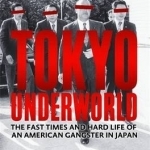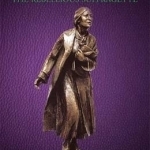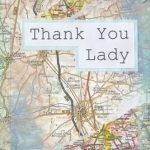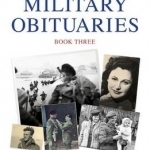
Live Translator Pro - Speech and Text Translation
Business and Productivity
App
Live Translator Pro is the smartest translation tool on your iPhone and iPad. Instantly translate...

BigDish – Restaurant Discounts
Food & Drink
App
Restaurant reservations with hourly discounts of up to 50%. 100% free to use with no credit card...
Dana (24 KP) rated The Consolation of Philosophy in Books
Mar 23, 2018
This was a very insightful book about how people of this time period worked through their thinking processes as well as how they dealt with the concepts of God.
While reading this in tandem with Dante's Inferno, I was able to understand Inferno a lot more than if I had read it on its own.
Boethius explains many difficult concepts relatively clearly. (These concepts were made even more clear by my professor of Italian 150 [The Divine Comedy] rooting the concepts in examples from today)
Many of the concepts are repeated often, so they are driven home, but this also means that they get a bit boring. I found myself wanting to skim more as the book went along because it was saying the same thing for what seemed the millionth time.
I enjoyed how each Prose section has a brief blurb about the main concepts it was going to talk about. This made it easier to prepare myself for the upcoming reading.
The characters, Boethius and Lady Philosophy, felt a little too preachy for me at times, but they were talking about religion, so I guess it worked.
Overall, it was very insightful and interesting to read.
Erika Kehlet (21 KP) rated The Medici Boy in Books
Feb 21, 2018
After reading the title, The Medici Boy, I expected this to mainly be a novel about the Medicis. While they do play a part, the story focuses on Donatello and his infatuation with the young model/prostitute Agnolo (the titular "Medici Boy"), who poses for his bronze "David and Goliath". The whole thing is told to us in the form of a final written memoir by Luca Mattei, one of Donatello's assistants, as he nears the end of his days imprisoned for a murder that he committed out of love for his friend Donatello.
I have mixed feelings about this book. I had a hard time relating to most of the characters in this story, and the lack of action caused the book to feel somewhat slow at times, but it is very well written. The descriptions of Florence and her history, and the detailed references to Donatello's artistic processes were interesting and seem to have been very well researched.
Students of art history and those who have an interest in the Renaissance or Italian history in general should really enjoy this book.

Lotería ¡Cántamelas! - Mexican Bingo
Games, Entertainment and Stickers
App
Play the most popular game in Mexico, now in English! Experience what all your Mexican friends are...

Tokyo Underworld: The Fast Times and Hard Life of an American Gangster in Japan
Book
In 1945, as part of the Occupation forces sent to postwar Japan Nick Zappetti, a native of Italian...

A Concise Companion to the Study of Manuscripts, Printed Books, and the Production of Early Modern Texts
Book
Bringing together a broad range of case studies written by a team of international scholars, this...

Sylvia Pankhurst: The Rebellious Suffragette
Book
The next few years mark the centenary of some of the biggest events which changed women's right to...

Thank You Lady
Book
Could you settle down and make good in a country that was your country's enemy in the last war?...

The Daily Telegraph Book of Military Obituaries: Book 3
David Twiston Davies and Bramall
Book
David Twiston Davies's latest and highly entertaining collection of 100 Daily Telegraph military...
